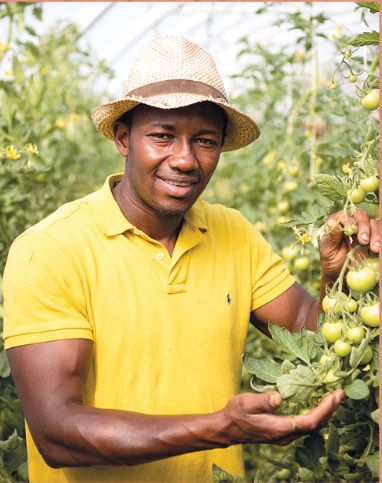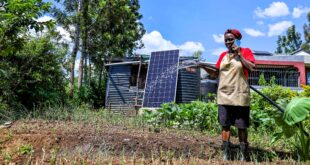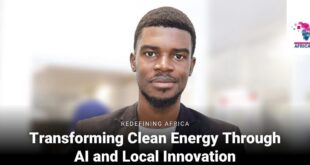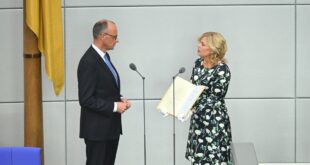Tomfei Kougnon, a young sociologist who trained in biodynamic agriculture in Switzerland, is appealing for support to realise his dream of an organic farming project in his home country, Togo.
Organic farming is an agricultural system that uses fertilizers of organic origin such as compost manure, green manure and bone meal, and places emphasis on techniques such as crop rotation and companion planting.
Kougnon wants to build a small organic farming business in Kpalimé, a town located 120km north of the capital Lomé, that will provide employment and livelihood for 10-15 persons.
Swiss-based Kougnon says the aim of the socially-minded project, called Kéliba, is to build a farming business that will be self-sustaining as soon as possible. “We will start small and build solid structures that will help rejuvenate the local economy,” he says.

According to the business plan of Kéliba, its first income will be generated by selling spinach, salads and other vegetables that it can easily plant and harvest throughout the year.
Kougnon is convinced that the organic vegetables will find ready buyers in the capital Lomé as there is already a class of well-off people who have developed a taste for quality food as well as have a growing consciousness for eco-friendliness and sustainability.
And when the certified organic mangos, pineapple and walnut trees of Kéliba begin to yield fruits after about 5 to 10 years, these would be sold as dried fruits in organic shops in Europe. In fact, Kougnon already has contacts to distributors of these sought-after products.
To ensure that Kéliba grows sustainably, profits generated will be reinvested in the business, Kougnon says. And therein lies the potential of the project to provide livelihood for many more people in the future.
Kougnon has been dreaming for years of taking home the knowledge and experience he has acquired in organic farming in Europe. He believes that doing so would contribute to solving the problems of poverty and unemployment in Togo.
“The life of the majority of my people is very difficult but it also offers opportunities. There is a big potential in Africa to build an economy on circular flows, sustainable regenerative energy and organic farming,” Kougnon says.
“Bureaucratic hurdles and production costs are minimal and there is an abundance of workers,” he added.
Kougnon believes sustainable economic development does not only benefit Africa but the rest of the world because it enables the continent avoid a CO2-intensive industrialisation and helps prevent young Africans from becoming desperate irregular migrants.
Moreover, he intends to prefentially employ persons needing assistance or who are physically challenged as these are disadvantaged in Togo like in most countries.
Beyond their well-known role as senders of remittances, Tomfei Kougnon’s project is a practical example of how Africans in diaspora can play an important role in the economic development of their countries of origin through the transfer of new knowledge and skills.
More information about Kéliba (in German) at http://www.keliba.de.
You can support organic farming in Togo by donating to Kéliba
Tomfei Kougnon
PostFinance AG
IBAN: CH23 0900 0000 1561 5198 1
BIC: POFICHBE
Or you can also invest your money in the forward-looking project!
Contact:
Tomfei Kougnon
Phone: +41 77 529 4032
Email: tomfei@keliba.de
 THE AFRICAN COURIER. Reporting Africa and its Diaspora! The African Courier is an international magazine published in Germany to report on Africa and the Diaspora African experience. The first issue of the bimonthly magazine appeared on the newsstands on 15 February 1998. The African Courier is a communication forum for European-African political, economic and cultural exchanges, and a voice for Africa in Europe.
THE AFRICAN COURIER. Reporting Africa and its Diaspora! The African Courier is an international magazine published in Germany to report on Africa and the Diaspora African experience. The first issue of the bimonthly magazine appeared on the newsstands on 15 February 1998. The African Courier is a communication forum for European-African political, economic and cultural exchanges, and a voice for Africa in Europe.

































